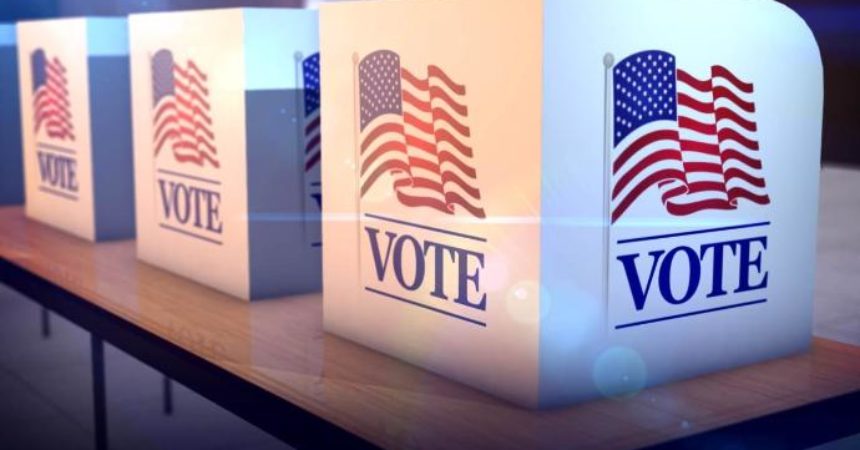
Citizenship amendment cleared for November ballot
By Jim Saunders
News Service of Florida
Floridians will cast ballots in November on a proposed constitutional amendment that would change wording in the state Constitution about the citizenship of voters.
The state Supreme Court on last Thursday unanimously approved placing the amendment, sponsored by the political committee Florida Citizen Voters, on the November ballot. That means voters will decide on at least two ballot initiatives this year, as justices also have signed off on a proposal that would raise the state’s minimum wage.
The Florida Citizen Voters measure would change part of the state Constitution that now says, “Every citizen of the United States who is at least eighteen years of age and who is a permanent resident of the state, if registered as provided by law, shall be an elector of the county where registered.”
The proposal would change that wording to: “Only a citizen of the United States who is at least eighteen years of age and who is a permanent resident of the state, if registered as provided by law, shall be an elector of the county where registered.”

This year voters will be presented with the question about changing the wording in the state Constitution about the citizenship of voters.
Photo special to the Outlook
In a brief filed in October at the Supreme Court, attorneys for Florida Citizen Voters wrote that the “only object of the proposed amendment is to require United States citizenship to vote in state elections, and the proposed amendment seeks to accomplish that object by directly requiring United States citizenship.”
The Jacksonville-based political committee submitted 928,169 valid petition signatures to the state, far exceeding a 766,200-signature requirement. But it also needed approval from the Supreme Court, which reviews whether proposed amendments meet legal tests such as not being misleading to voters.
The proposal did not draw opposition at the Supreme Court, unlike some initiatives that have spurred battles about ballot wording. Florida Citizen Voters has received more than $8.2 million in cash and in-kind contributions, which all came from the non-profit group Citizen Voters, Inc.
“Here, no briefs were submitted in opposition to the initiative petition. And our independent review … yields no basis for concluding that the initiative petition meets the ‘high threshold’ of being ‘clearly and conclusively defective,’ ” Thursday’s nine-page Supreme Court opinion said, citing terms from court precedent.
The Supreme Court last month approved the proposed minimum-wage amendment, which has been spearheaded by prominent Orlando attorney John Morgan. The proposal would increase the state’s minimum wage to $10 an hour on Sept. 30, 2021 and increase it by $1 each year until it hits $15 an hour on Sept. 30, 2026. The state’s minimum wage this year is $8.56 an hour.
The citizenship measure will appear on the ballot as Amendment 1, while the minimum-wage proposal will appear as Amendment 2, according to the state Division of Elections website. Each would need approval of 60 percent of voters to pass.
The Supreme Court this month also rejected one proposed constitutional amendment because of what it said was a misleading ballot summary. That amendment would have overhauled the state’s electric-utility industry.







